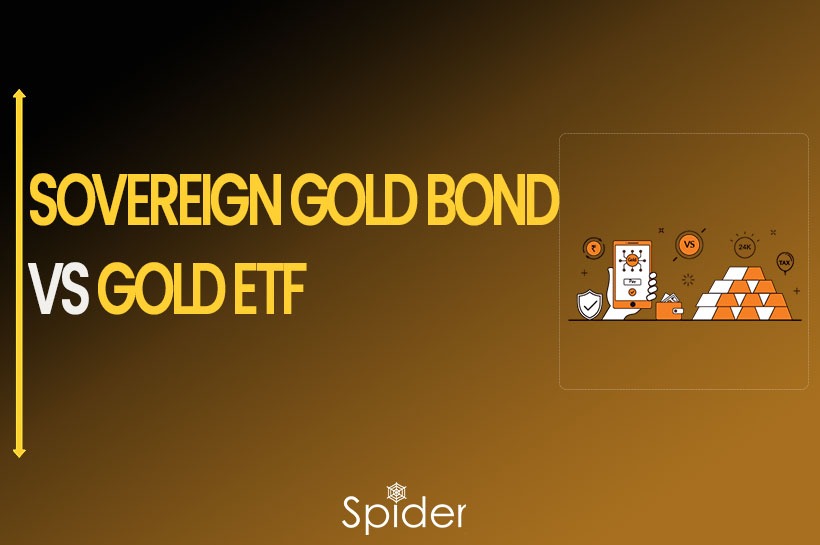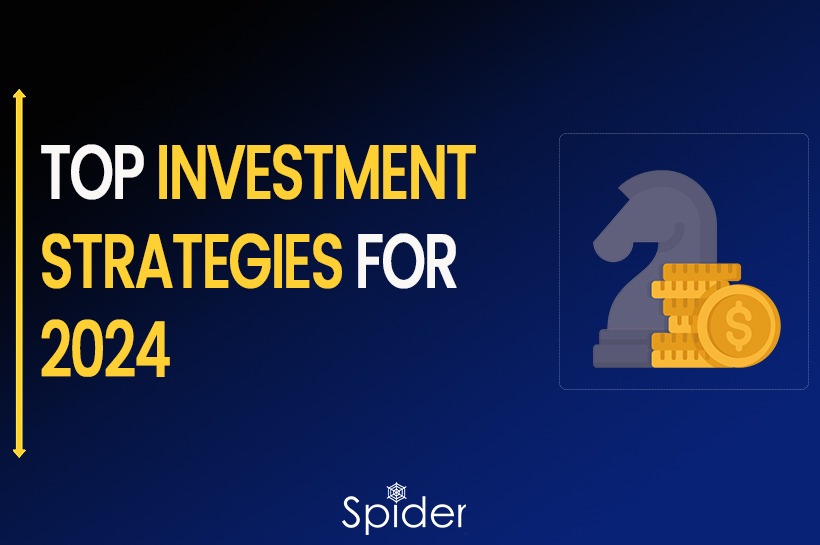The decision between Sovereign Gold Bonds (SGBs) and Gold ETFs depends on your investment goals, risk tolerance, and investment horizon.
Investors favor gold investments for their stable returns and growth potential. Sovereign Gold Bonds (SGBs) and Gold Exchange-Traded Funds (ETFs) have emerged as preferred options for those seeking alternatives to physical gold. While both these options enable investors to buy gold without possessing the actual metal, there are several factors investors should contemplate when selecting the appropriate investment vehicle.
What are Sovereign Gold Bonds (SBGs)?

Sovereign Gold Bonds are issued by the Reserve Bank of India on behalf of the Central government, indicating that both the RBI and the government take responsibility for repaying and honoring the bonds upon maturity. This year, the RBI introduced the Sovereign Gold Bond Scheme 2023-24 – Series I, with an issue price of Rs 5,926 per gram of gold. Online subscribers were offered a Rs 50 discount. The latest installment of Sovereign Gold Bond opens for subscription on Monday, September 11, and the subscription period for Sovereign Gold Bond Scheme 2023-24 – Series II concludes on September 15.
SGBs are notable for their ability to provide investors with a 2.5 percent semi-annual interest, making them a source of consistent income. In terms of taxation, SGBs have a clear advantage over other gold investment alternatives. Additionally, SGBs are tradable on stock exchanges, such as NSE and BSE, and they come with the added benefit of not incurring any extra management expenses.
What about Gold ETFs?

Gold Exchange-Traded Funds (ETFs) serve as passive investment vehicles that track the domestic physical gold price. Each ETF unit corresponds to one gram of high-purity physical gold and trades on stock exchanges like regular shares. Gold ETFs have the potential for significantly higher returns, especially in terms of capital appreciation. Prominent Indian Gold ETFs like SBI Mutual Fund – SBI Gold ETF and Axis Gold Exchange Traded Fund have demonstrated their performance by delivering impressive returns of around 12 percent over the past three years. However, it’s important to note that Gold ETFs come with additional expenses such as management fees and potential exit loads, which can impact overall returns.
SGBs vs Gold ETF: Which one to choose?
Ultimately, your decision between Sovereign Gold Bonds and Gold ETFs hinges on your investment objectives, risk tolerance, and investment horizon. Sovereign Gold Bonds stand out due to their unique combination of a 2.5 percent semi-annual interest and the maturity amount that accrues to investors when the scheme matures. Additionally, SGBs offer superior tax efficiency in comparison to ETFs. On the other hand, Gold ETFs provide flexibility and the potential for higher returns but come with the burden of additional costs and tax considerations.
An Opportunity to Learn Live Trading and Training on Monthly Expiry by Clicking Here

Also check out the Upcoming IPO’s.
If you’d like to know how we analyze the market and provide accurate levels every day. then click on the Free Demo button below and change your trading life for good. 5X returns are possible in options trading If you have Spider Software in your trading system.
Disclaimer: The information provided in this Blog is for educational purposes only and should not be construed as financial advice. Trading in the stock market involves a significant level of risk and can result in both profits and losses. Spider Software & Team does not guarantee any specific outcome or profit from the use of the information provided in this Blog. It is the sole responsibility of the viewer to evaluate their own financial situation and to make their own decisions regarding any investments or trading strategies based on their individual financial goals, risk tolerance, and investment objectives. Spider Software & Team shall not be liable for any loss or damage, including without limitation any indirect, special, incidental or consequential loss or damage, arising from or in connection with the use of this blog or any information contained herein.





